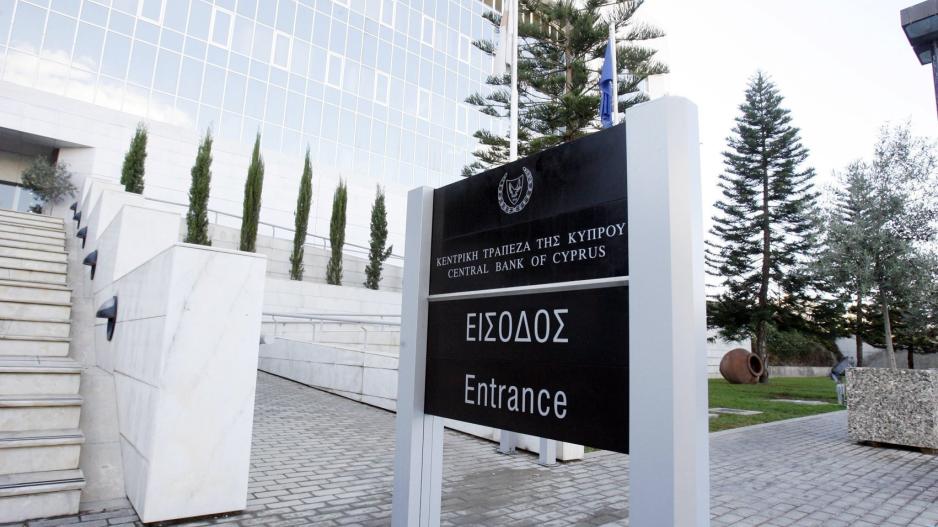Central Bank Of Cyprus Highlights Economic Risks
Tensions And Energy Prices Could Impact GDP And Inflation Forecasts
The Central Bank of Cyprus foresees certain individual negative risks related to the impact of ongoing geopolitical tensions and the fragile path of external demand.
According to its latest economic bulletin, “the risks are associated with the formation of higher energy prices due to the conflict in the Middle East and decisions by oil-producing economies regarding supply restrictions.”
However, its forecasts, made before the escalation of relations between Israel and Iran, may be revised depending on developments and the duration of the conflicts.
In its latest bulletin, the Central Bank of Cyprus highlights that “downward risks also include stricter than anticipated financing conditions due to a greater than expected impact.” Evaluating the risks of deviations of macroeconomic forecasts from the baseline scenario, it notes:
-
First, the risks of deviations of GDP forecasts from the baseline scenario are balanced for 2024, given the conservative forecast for the economic growth rate in 2024, and slightly downward for the 2025-26 period.
-
Second, the downward risks are mainly related to the negative impact of ongoing geopolitical tensions and the fragile trajectory of external demand.
-
Third, the risks are connected with the formation of higher energy prices due to the conflict in the Middle East and decisions by oil-producing economies regarding supply restrictions.
On the upside risks for deviations from the baseline forecast for the period 2024-2026, the Central Bank of Cyprus notes that “the risks are associated with higher than anticipated private consumption if the household savings rate does not increase as expected.” Regarding inflation, the risks for 2024-2026 are assessed as balanced for 2024 and slightly upward for 2025 and 2026.
It is noted that “the upward risks mainly stem from potential higher than expected energy prices (e.g., due to ongoing geopolitical tensions) and impacts related to climate change (implementation of relevant tax policies and extreme weather events).”
-
Higher than expected wage increases (which could push service prices upward),
-
Higher than anticipated corporate profit margins,
-
Higher than expected private consumption.
On the other hand, it is emphasized that there is a possibility that inflation could be lower than the baseline scenario estimate due to a greater than expected decrease in domestic demand and economic activity. This, as mentioned, in the case where the impact of the ECB's monetary policy proves to be more pronounced than expected and due to increased geopolitical tensions.






